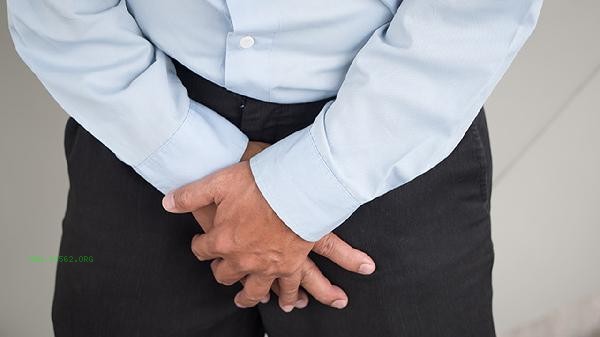Pumpkin seeds are beneficial for prostate health, mainly due to their high content of nutrients such as zinc, plant sterols, and antioxidants. The active ingredients in pumpkin seeds help alleviate symptoms of prostate hyperplasia, improve urinary function, and may reduce the risk of prostate diseases.

1. The role of zinc
Pumpkin seeds are a high-quality source of natural zinc, with a high zinc content per 100 grams of pumpkin seeds. Zinc has a high concentration in prostate tissue and is involved in prostate fluid synthesis and immune function regulation. Zinc deficiency may lead to abnormal metabolism of prostate cells. Adequate supplementation of zinc can help maintain normal physiological function of the prostate and has potential benefits in preventing diseases such as prostatitis.
2. Plant sterol efficacy
Pumpkin seeds contain abundant plant sterols, which have a structure similar to human cholesterol and can competitively inhibit the conversion of testosterone to dihydrotestosterone. Dihydrotestosterone is a key factor in stimulating prostate hyperplasia. By regulating this metabolic pathway, pumpkin seeds may delay the development of benign prostate hyperplasia and improve lower urinary tract symptoms such as frequent urination and urgency.
3. Antioxidant Protection
The antioxidant components such as vitamin E and carotenoids in pumpkin seeds can neutralize free radicals and reduce oxidative stress damage to prostate tissue. Long term oxidative stress is associated with diseases such as prostatitis and benign prostatic hyperplasia. The antioxidant effect of pumpkin seeds helps reduce the risk of abnormal proliferation of prostate cells and maintain the health of the gland.

4. Fatty Acid Regulation
Pumpkin seeds contain unsaturated fatty acids such as linoleic acid and linolenic acid, which have anti-inflammatory properties. These fatty acids can regulate the synthesis pathway of prostaglandins and alleviate the inflammatory response of prostate tissue. For patients with chronic prostatitis, moderate intake of pumpkin seeds may alleviate discomfort symptoms such as perineal swelling and pain, and improve local microcirculation.
5. Amino acid supplementation
Pumpkin seed protein contains various amino acids such as arginine and glutamic acid. Arginine is a precursor to nitric oxide synthesis and can promote local blood circulation in the prostate; Glutamate participates in glutathione synthesis and enhances the antioxidant defense ability of the prostate. These amino acids work synergistically to support the normal metabolism and repair of prostate cells.

It is recommended to consume 20-30 grams of peeled pumpkin seeds daily, which can be eaten directly or added to oats or salads. Attention should be paid to the high calorie content of pumpkin seeds, and obese individuals should control their intake. It is prohibited for those who are allergic to pumpkin, and it is recommended to grind it before consumption for those with weak gastrointestinal function. Patients with prostate diseases should use pumpkin seeds as a dietary supplement rather than a treatment. If there are obvious urinary disorders or pain symptoms, they still need to seek medical attention in a timely manner. Daily use can be combined with vegetables and fruits rich in lycopene and vitamin C, such as tomatoes and broccoli, to jointly maintain prostate health.








Comments (0)
Leave a Comment
No comments yet
Be the first to share your thoughts!